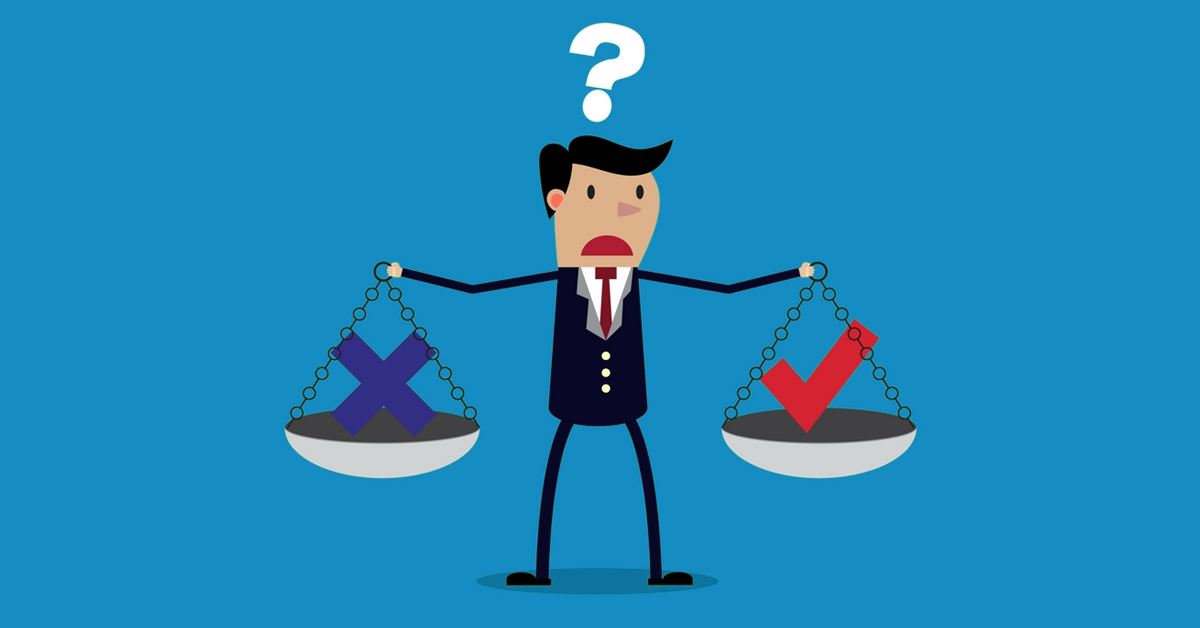Dropshipping has become one of the most popular business models in the e-commerce world, especially for entrepreneurs looking to start an online store with minimal upfront investment. It allows retailers to sell products without holding inventory, as the supplier ships products directly to the customer. While this model offers numerous advantages, it also comes with its own set of challenges. In this article, we’ll explore the pros and cons of dropshipping to help you decide if it’s the right fit for your business.
Pros of Dropshipping
- Low Startup Costs
One of the biggest advantages of dropshipping is its low barrier to entry. Unlike traditional retail models, you don’t need to invest heavily in inventory, warehousing, or logistics. This makes it an attractive option for entrepreneurs with limited capital. - Easy to Set Up and Manage
With platforms like Shopify, WooCommerce, and BigCommerce, setting up a dropshipping store has never been easier. You can quickly create an online store, integrate with suppliers, and start selling products without needing technical expertise. - No Inventory Management
Since the supplier handles inventory storage and shipping, you don’t have to worry about managing stock levels, packing orders, or dealing with unsold products. This frees up your time to focus on marketing and growing your business. - Wide Product Selection
Dropshipping allows you to offer a vast range of products without the need to pre-purchase them. You can test different niches and products to see what resonates with your audience, making it easier to adapt to market trends. - Location Independence
As long as you have an internet connection, you can run a dropshipping business from anywhere in the world. This makes it an ideal option for digital nomads or those looking for a flexible work-life balance. - Scalability
Since you don’t have to worry about inventory or fulfillment, scaling your business is relatively straightforward. As your sales grow, your supplier handles the increased order volume, allowing you to focus on expanding your customer base.
Cons of Dropshipping
- Lower Profit Margins
While dropshipping eliminates many upfront costs, it often comes with lower profit margins. Since you’re competing with other retailers and marketplaces, you may need to lower your prices to stay competitive, which can eat into your profits. - Supplier Dependence
Your business relies heavily on your suppliers for product quality, shipping times, and inventory availability. If a supplier makes a mistake or runs out of stock, it directly impacts your customer satisfaction and reputation. - Shipping Complexities
If you work with multiple suppliers, customers may receive their orders in separate packages, leading to higher shipping costs and potential confusion. Additionally, international shipping can result in longer delivery times and higher costs. - Limited Control Over Customer Experience
Since you don’t handle the fulfillment process, you have little control over packaging, shipping speed, or product quality. Any issues in these areas can lead to negative customer reviews and damage your brand’s reputation. - High Competition
The low barrier to entry means that the dropshipping market is highly competitive. Many niches are saturated, making it challenging to stand out and attract customers without a strong marketing strategy. - Customer Service Challenges
Even though you don’t handle inventory or shipping, you’re still responsible for addressing customer inquiries, complaints, and returns. Managing customer service can be time-consuming, especially if issues arise due to supplier errors.
Is Dropshipping Right for You?
Dropshipping can be a lucrative and flexible business model for the right entrepreneur. It’s ideal for those who want to start an online store with minimal risk and investment. However, it’s not without its challenges. Success in dropshipping requires careful supplier selection, effective marketing, and a commitment to providing excellent customer service.
Before diving in, consider your goals, budget, and willingness to navigate the complexities of the model. If you’re prepared to put in the effort and adapt to the challenges, dropshipping can be a rewarding way to build an e-commerce business.
conclusion
dropshipping offers a unique opportunity to enter the world of e-commerce with relatively low risk. By weighing the pros and cons, you can make an informed decision and set yourself up for success in this competitive yet promising industry.
